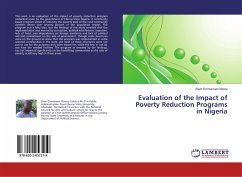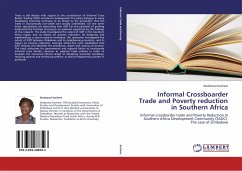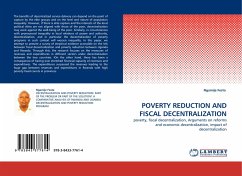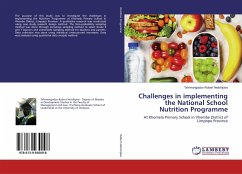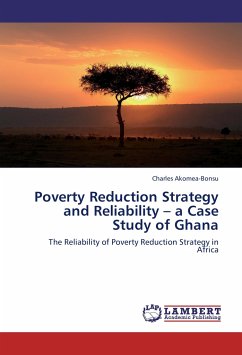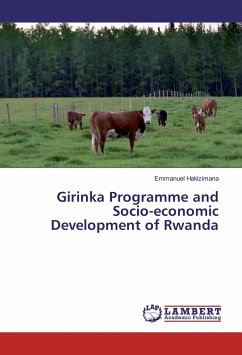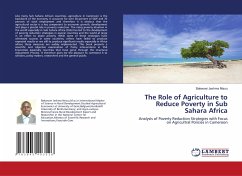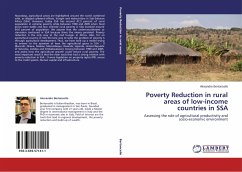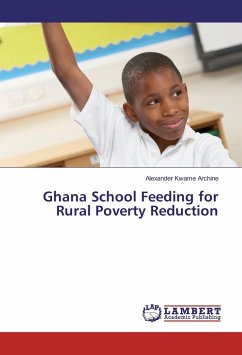
Ghana School Feeding for Rural Poverty Reduction
Versandkostenfrei!
Versandfertig in 6-10 Tagen
46,99 €
inkl. MwSt.

PAYBACK Punkte
23 °P sammeln!
Ghana School Feeding for Rural Poverty Reduction explores the effectiveness of school feeding as an antipoverty initiative aimed at addressing the dual challenge of low literacy and poverty. Peer-reviewed literature has confirmed the link between low literacy and poverty - persistent low literacy sustains poverty. The book reflects findings from the qualitative exploratory case study research into activities of the Ghana School Feeding Program (GSFP) at a designated rural community public basic school situated within the Greater Accra region of Ghana. Content analysis of data from the GSFP sec...
Ghana School Feeding for Rural Poverty Reduction explores the effectiveness of school feeding as an antipoverty initiative aimed at addressing the dual challenge of low literacy and poverty. Peer-reviewed literature has confirmed the link between low literacy and poverty - persistent low literacy sustains poverty. The book reflects findings from the qualitative exploratory case study research into activities of the Ghana School Feeding Program (GSFP) at a designated rural community public basic school situated within the Greater Accra region of Ghana. Content analysis of data from the GSFP secretariat supported with interview data, confirmed steady improvement in outcomes of enrollment, attendance, retention, and literacy (English Language and Mathematics test scores), and challenged realization of socioeconomic benefits of nutrition, food production, and security. Lack of community awareness and support for activities of the GSFP that undermine achievement of the objective of increased local food production and government's delayed payment to caterers were challenges identified by participants that needed to be addressed to ensure program success.



